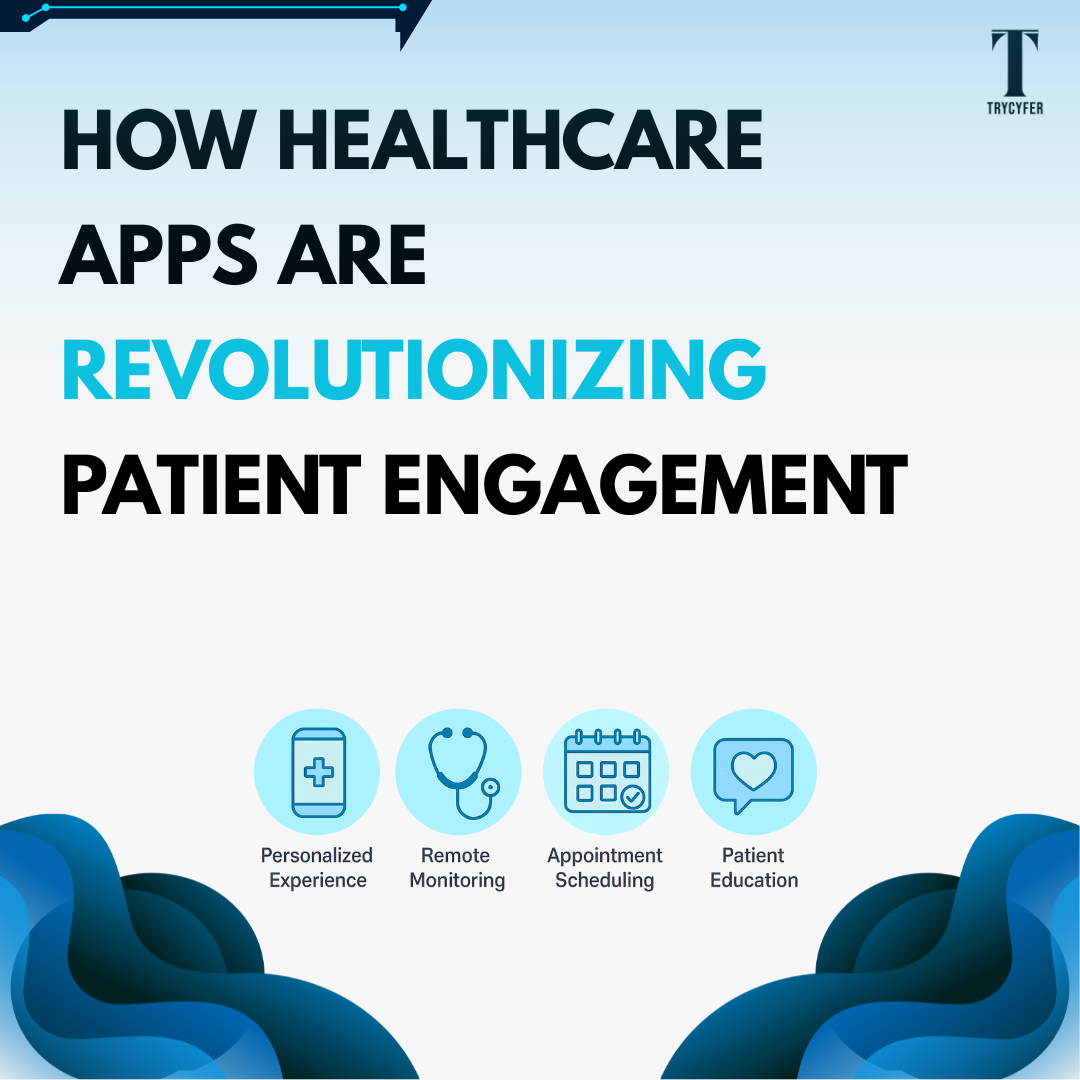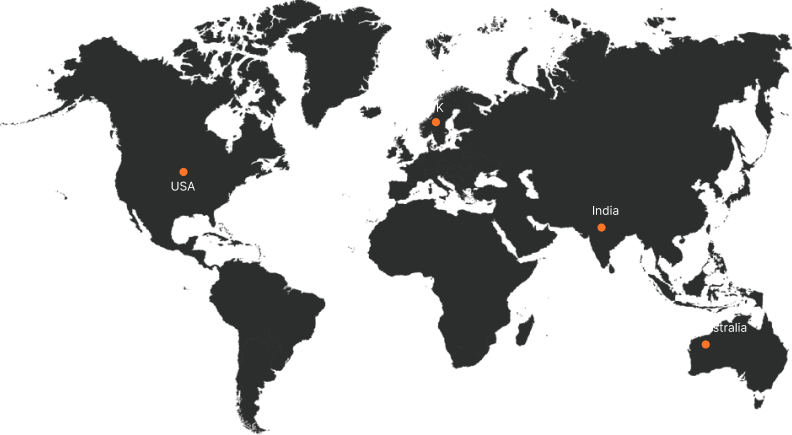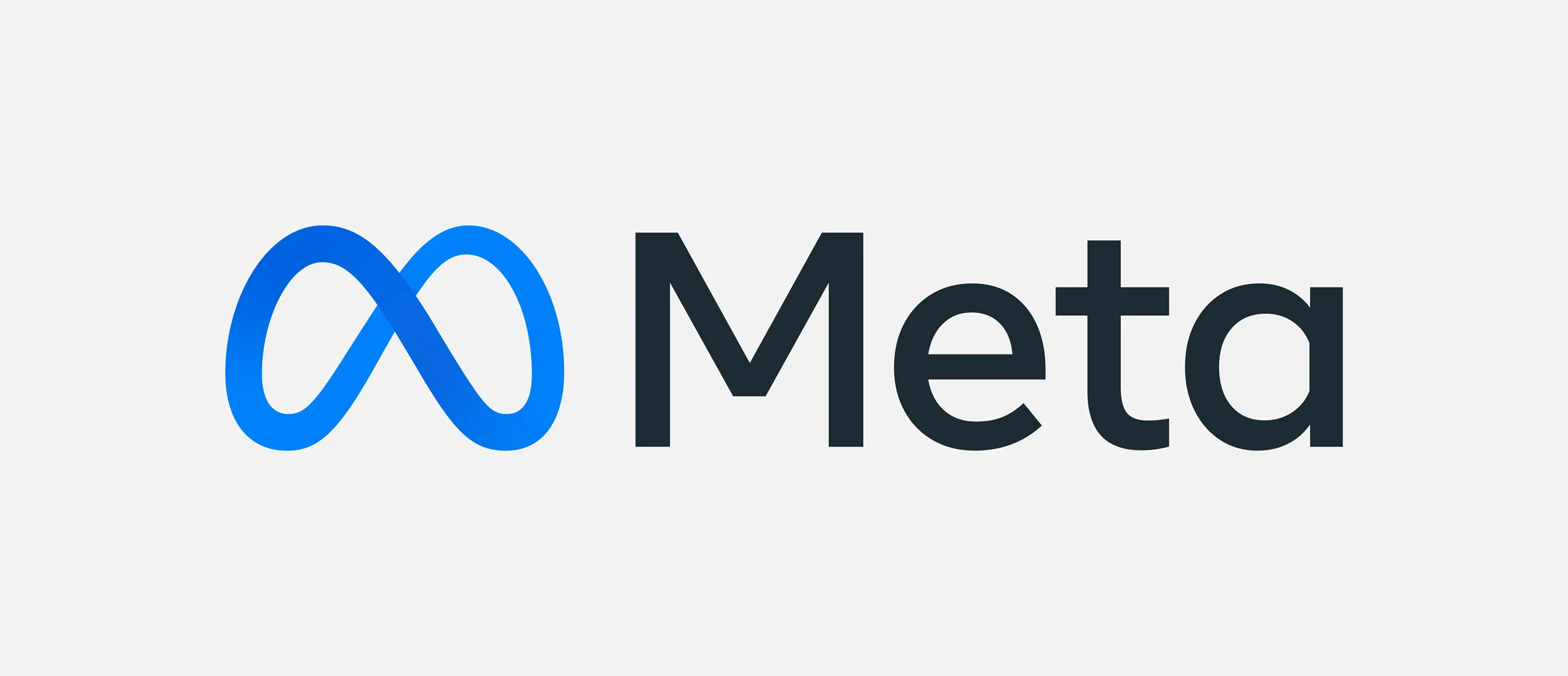How Healthcare Apps Are Revolutionizing Patient Engagement

The digital transformation of the healthcare industry has ushered in a new era of patient-centered care, with healthcare app development at the heart of this revolution. Healthcare apps are fundamentally changing how patients interact with their health, empowering them to take an active role in their well-being and fostering stronger connections with healthcare providers. Here’s a comprehensive look at how these apps are revolutionizing patient engagement, the features driving this shift, the impact on outcomes, and what the future holds.
Healthcare apps have transformed the way patients interact with their health and healthcare providers. Through innovative features such as personalized health tracking, appointment scheduling, medication reminders, and real-time communication, these apps empower patients to take an active role in managing their health. The convenience of accessing health information anytime and anywhere increases patient engagement by making healthcare more accessible and user-friendly.
Key functionalities that drive patient engagement include secure messaging platforms that facilitate direct communication with healthcare providers, telemedicine capabilities that allow virtual consultations, and integration with wearable devices that provide continuous health monitoring. These features not only improve patient satisfaction but also encourage proactive health management, leading to better health outcomes.
Moreover, healthcare apps often incorporate gamification elements and personalized notifications to motivate users to adhere to treatment plans and maintain healthy behaviors. By providing tailored content and actionable insights, these apps foster a deeper connection between patients and their health journeys.
Read more: How to Unblock on LinkedIn
Enhancing Patient-Provider Communication
The development of healthcare apps has significantly enhanced patient-provider communication, breaking down traditional barriers of time and location. With features like instant messaging, video consultations, and secure data sharing, patients can easily reach their healthcare providers for advice, follow-ups, and urgent concerns without the need for in-person visits.
This improved communication fosters trust and transparency, which are critical for effective healthcare delivery. Patients feel more supported and informed, which increases their willingness to engage in their care plans. Healthcare providers benefit from timely access to patient data, enabling more accurate diagnoses and personalized treatment.
Healthcare apps also contribute to improved healthcare outcomes by facilitating early detection of health issues through continuous monitoring and timely interventions. Remote monitoring tools integrated into apps allow providers to track vital signs and symptoms in real-time, reducing hospital readmissions and emergency visits.
Furthermore, the data collected through these apps supports population health management and research, helping healthcare systems identify trends, allocate resources efficiently, and develop targeted interventions.
Read more: What is Quiet Mode in Instagram
Promoting Patient Education, Adherence, and Self-Management
Healthcare apps play a pivotal role in educating patients about their conditions, treatment options, and healthy lifestyle choices. By providing easy access to reliable medical information, instructional videos, and personalized health tips, these apps empower patients to make informed decisions about their care.
Patient adherence to medication and treatment plans is significantly improved through features like medication reminders, progress tracking, and motivational messages. These tools help reduce missed doses and encourage consistent engagement with prescribed therapies.
Self-management is another critical area where healthcare apps excel. Patients with chronic conditions such as diabetes, hypertension, or asthma can monitor their symptoms, log daily activities, and receive feedback on their health status. This continuous engagement fosters a sense of control and responsibility, which is essential for managing long-term health.
Additionally, many apps offer community support features, connecting patients with similar conditions to share experiences and encouragement. This social aspect enhances motivation and reduces feelings of isolation.
Driving Better Healthcare Outcomes
The impact of healthcare apps goes beyond convenience and engagement—they are actively improving healthcare outcomes. By enabling patients to track their health metrics, communicate with providers, and receive timely interventions, these apps contribute to earlier detection of problems and more effective management of chronic diseases.
Healthcare apps also support preventive care by sending reminders for screenings, vaccinations, and routine check-ups. This proactive approach helps catch potential issues before they escalate, reducing the burden on healthcare systems and improving patient quality of life.
For providers, access to real-time patient data leads to more informed decision-making and personalized treatment plans. This data-driven approach enhances the accuracy of diagnoses and the effectiveness of therapies, ultimately leading to better patient outcomes.
Read more: How to Delete Google My Business Account
Overcoming Challenges in Patient Engagement
Despite the many benefits, healthcare app development faces challenges in maximizing patient engagement. Privacy concerns and data security remain top issues, as patients are often wary of sharing sensitive health information digitally. Ensuring compliance with regulations like HIPAA and GDPR adds complexity and cost to app development.
Another challenge is digital literacy and accessibility. Not all patients are comfortable using mobile technology, especially older adults or those in underserved communities. Designing intuitive, inclusive apps that cater to diverse populations is essential but challenging.
User retention is also a concern, as many users download health apps but discontinue use after a short period. Continuous innovation, personalized experiences, and gamification are strategies developers use to keep users engaged.
Future Trends in Healthcare App Development
Looking ahead, the integration of artificial intelligence and machine learning promises to revolutionize patient engagement by offering predictive analytics, personalized health coaching, and automated support. Augmented reality and virtual reality may also enhance patient education and therapy.
Interoperability between healthcare apps and electronic health records will improve care coordination and provide a seamless patient experience. Additionally, the rise of wearable technology and IoT devices will enable more comprehensive health monitoring and real-time feedback.
Overall, the future of healthcare app development lies in creating secure, user-friendly, and intelligent platforms that empower patients and transform healthcare delivery.
Conclusion
Healthcare apps are fundamentally changing the landscape of patient engagement. By making health information accessible, facilitating direct communication, promoting education and adherence, and supporting self-management, these apps empower patients to take charge of their health. While challenges remain, ongoing innovation in healthcare app development is paving the way for smarter, more connected, and more effective healthcare experiences. As technology continues to advance, the role of healthcare apps in revolutionizing patient engagement will only grow, delivering better outcomes for individuals and health systems alike.
Read more: How to Earn From Pinterest











